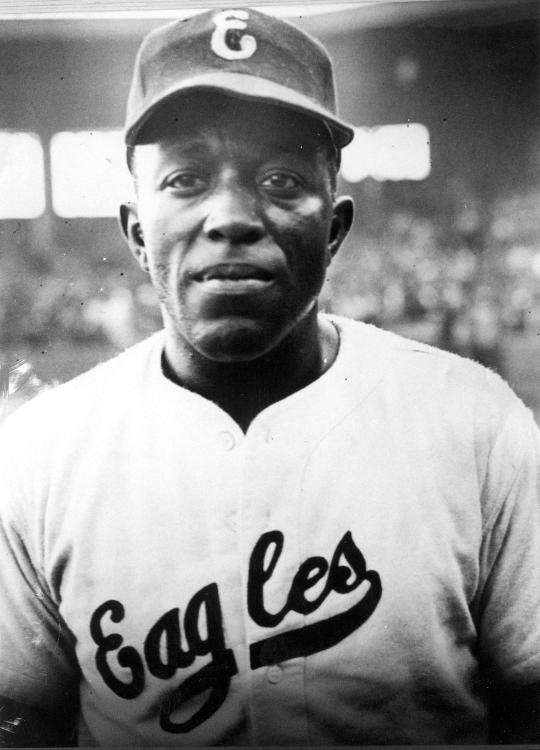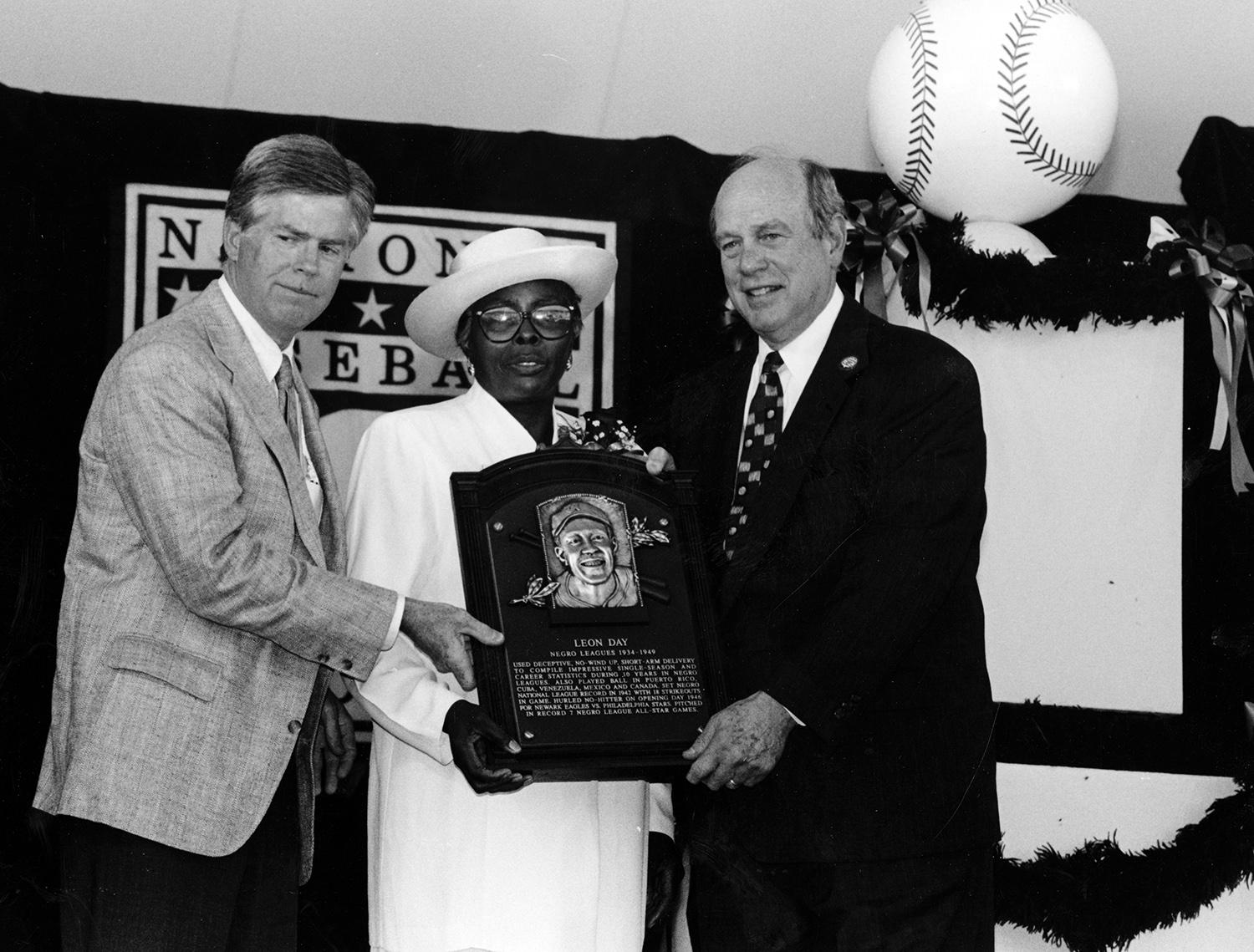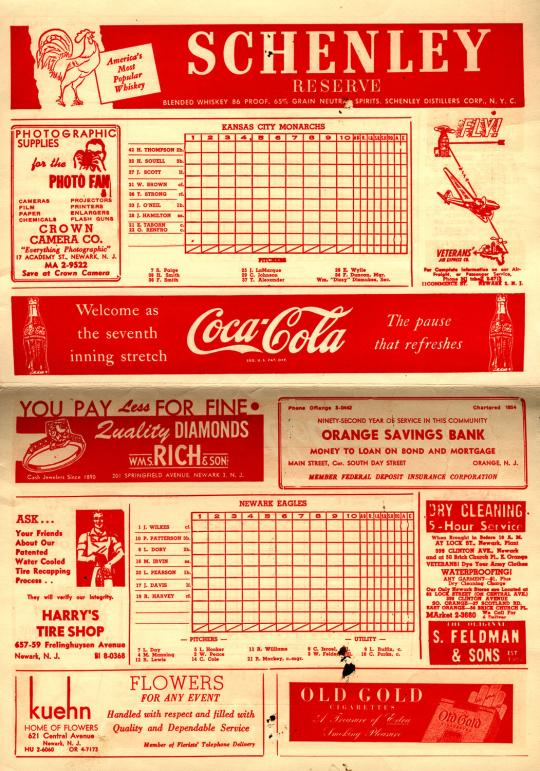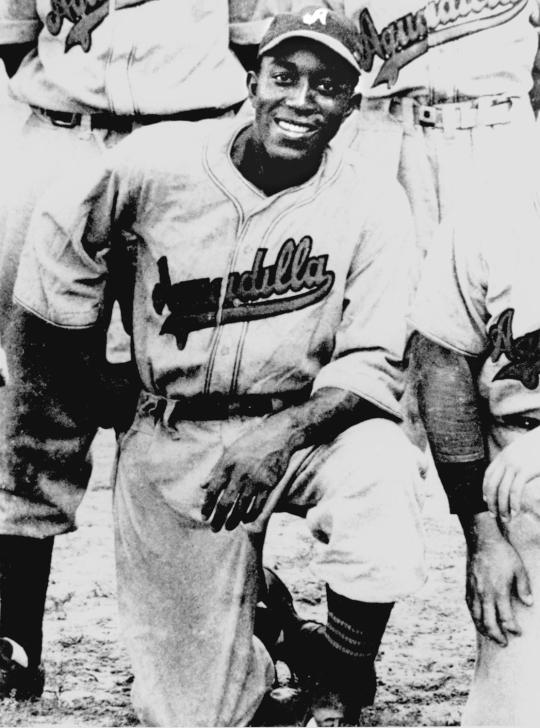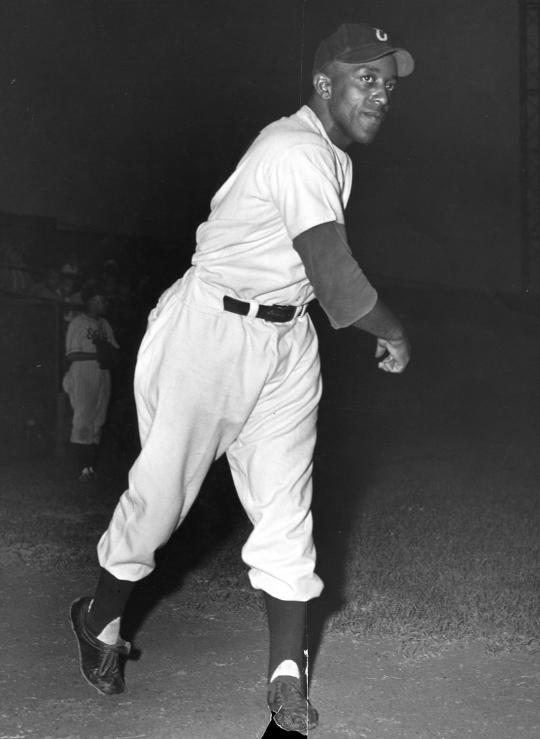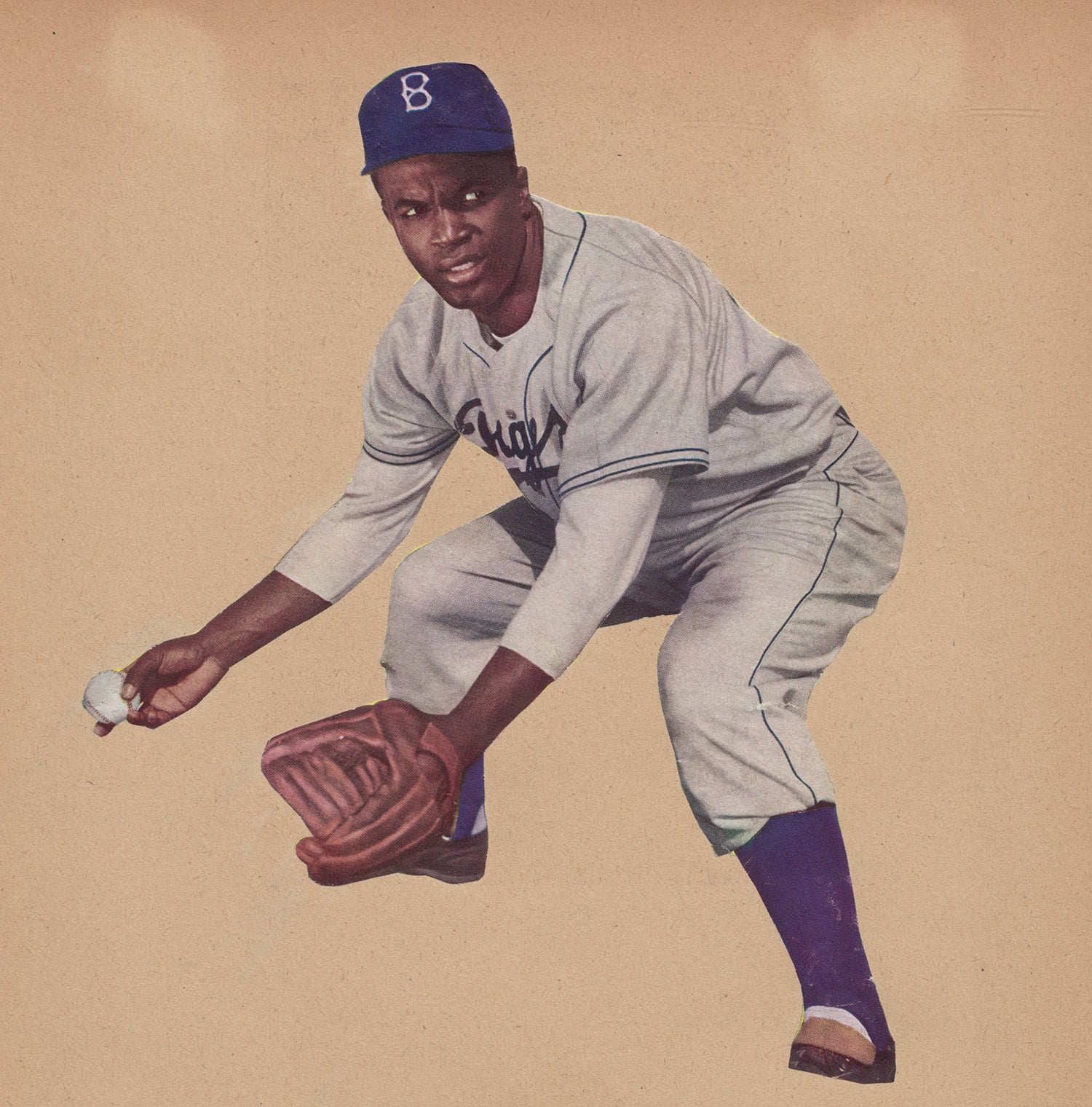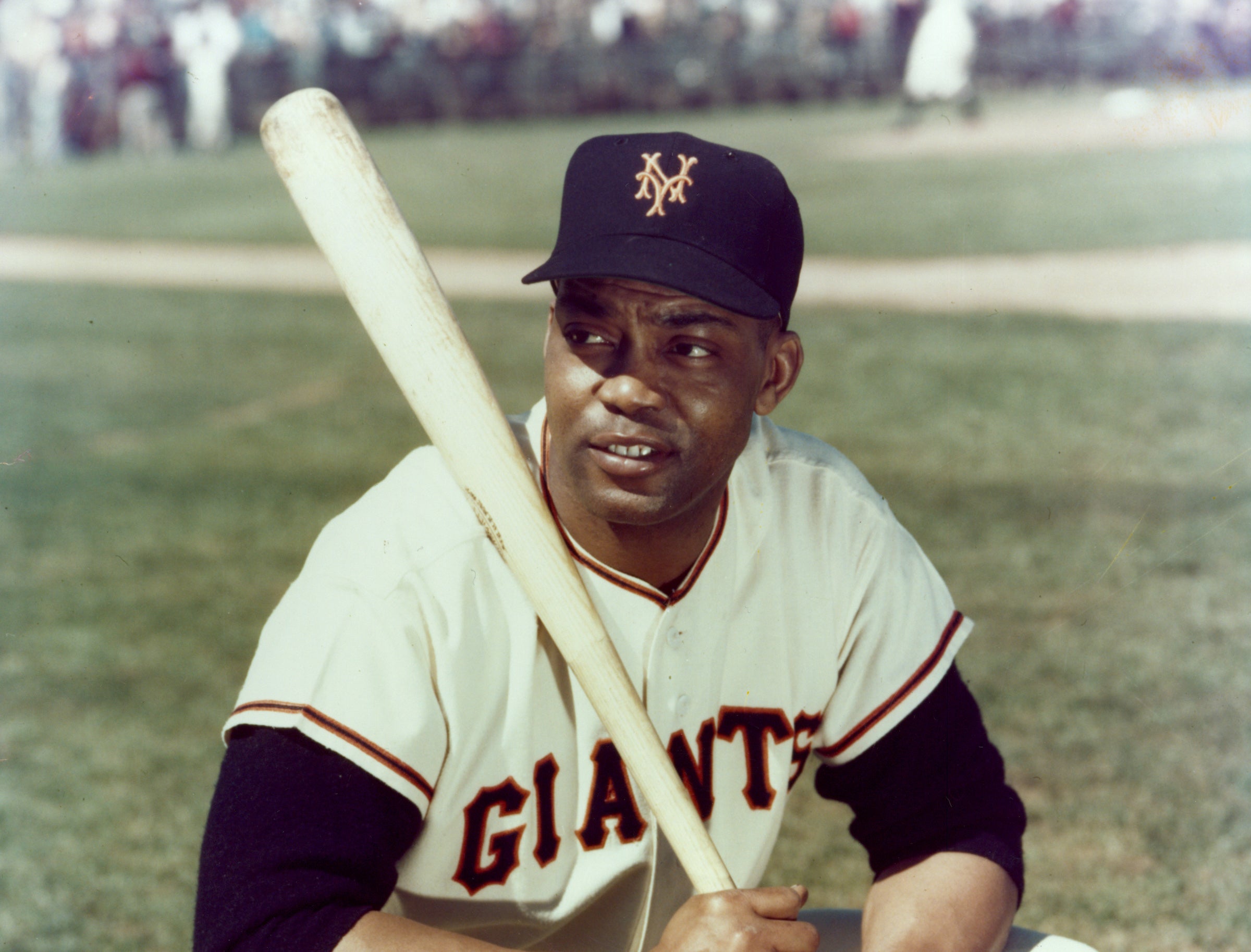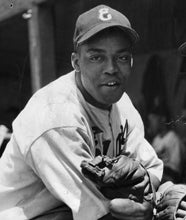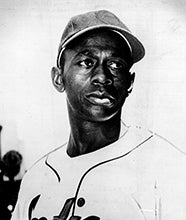- Home
- Our Stories
- National Leon Day brings back memories of one of the Negro Leagues’ best pitchers
National Leon Day brings back memories of one of the Negro Leagues’ best pitchers
Throughout the calendar, there are any number of interesting, odd, or just downright bizarre holidays and commemorations. June 25 is no exception, as it is the home of Log Cabin Day, National Catfish Day and National Strawberry Parfait Day.
For baseball fans – but more likely for Christmas fans – June 25, coincidentally enough, also happens to be National Leon Day.
There is not much background on the creation of this “holiday;” however, “Leon” is “Noel” spelled backwards, and the date is halfway to Christmas. It might be a reminder to get a jump on holiday preparations, but it also gives us another reason to celebrate a Hall of Famer who had many days and moments worth remembering.
Born Oct. 30, 1916, outside of Washington, D.C., Leon Day used his pitching and fielding abilities to earn a spot with the Negro National League’s Baltimore Black Sox as a 17-year-old in 1934. The following year he found a home with the Brooklyn (later Newark) Eagles, where he would develop into an All-Star starting pitcher.
As one of the Negro leagues’ top hurlers – he was a seven-time All-Star – it turned out any day he was pitching could be Leon’s day.
“People don’t know what a great pitcher he was! In my opinion, he was as good or better than Bob Gibson,” said Monte Irvin, who played with Day on the Newark Eagles. “When he pitched against Satchel, Satchel didn’t have any edge.”
Another former teammate in Newark, Larry Doby, concurred with Irvin but went a step higher.
Hall of Fame Membership
There is no simpler, and more essential, way to demonstrate your support than to sign on as a Museum Member.
“I didn’t see anybody in the major leagues that was better than Leon Day. … You talk about Satchel; I didn’t see any better than Day,” he claimed.
It is possible – had he had the opportunity – Day could have been among the best pitchers in the major leagues. The Pittsburgh Courier named Day to its All-American team for the Negro Leagues in 1942, and on Aug. 20, 1942, the Associated Press reported the Pittsburgh Pirates’ president, Bill Benswanger, asked Courier writer Wendell Smith which Negro Leaguers could be considered for a tryout. Day was among Smith’s responses, as were Josh Gibson, Sam Bankhead, and Willie Wells.
Drafted into the Army in the middle of World War II, where he served with the segregated 818th Amphibious Battalion, Day nevertheless proved war could not prevent the best matchups baseball had to offer. Sam Nahem, who pitched for the Phillies before joining the military, recruited Day to play for the Overseas Invasion Service Expedition (OISE) All Stars, an integrated club, in August 1945. The OISE All-Stars were to play the 71st Infantry Division’s team in the 1945 ETO World Series in Nürnberg, Germany.
In Game 2 of the best-of-five series, Day struck out 10 and allowed four hits in a 2-1 victory. Though he could not reprise the effort in Game 4, the OISE All-Stars clinched the upset in five games.
His return to the Negro National League on May 5, 1946, also showed Day’s resilience after only pitching a few times during his time in the armed services. On Opening Day at Newark’s Ruppert Stadium, Day took the hill for the Eagles and promptly shut down the Philadelphia Stars with a 2-0 no-hitter. The Eagles would eventually go on to defeat the Kansas City Monarchs for the Negro World Series title.
As Day showed in World War II, his greatness was not confined to the mainland United States. He played six seasons of winter ball in Puerto Rico, some of those with the Aguadilla Sharks, where he once notched 19 strikeouts in a single game and consistently hit above .300. Day also competed in Mexico, Cuba, and other places open to African-American ballplayers.
“I made more money in Mexico than I did here in the States,” Day remembered. “I played about four months and made about $5,000.”
After baseball was integrated by Jackie Robinson in 1946, Day spent three seasons in the minor leagues, fashioning a 13-9 record and .314 batting average for the Eastern League’s Scranton Miners in 1952. He pitched in 14 games for the Triple-A Toronto Maple Leafs in 1951. But by then, he was in his mid-30s and mostly used as a utility player.
Already a member of the Puerto Rican Professional Baseball Hall of Fame (1993) who had Leon Day Day declared in his honor by the state of Maryland in 1992, Day’s biggest day may arguably have been March 7, 1995.
In the morning, a hospitalized Day phoned his wife Geraldine to inform her “I’m in.” When told it was 8 a.m. and the committee had not voted yet, he realized he must have dreamt about being elected and having Chairman of the Board Ed Stack deliver Day his Hall of Fame ring.
That afternoon, Day received notice of his election by the National Baseball Hall of Fame’s Veterans Committee.
“I’m so happy, I don’t know what to do,” he said upon hearing the news. “I never thought it would come.”
It was a long time coming for the man whose humility and quiet nature probably kept him out of the larger Hall of Fame conversation, though he was well known to Negro League researchers.
“He never made any noise,” Irvin recalled. “Leon was never the promoter Satch was.”
Day would never make it to the 1995 Induction Ceremony on July 30. He would not so much as leave his Baltimore hospital, passing away on March 13, several days after learning about his election.
“I really think that Leon waited for [his election] because Leon had been sick for quite a while,” his sister, Ida May Bolden, said after his death. “I felt he would pass before they would vote on it, but he did make it and thank the Lord for that.”
On July 30 in Cooperstown, represented by Geraldine and his extended family, Leon Day finally got his day in the baseball sun.
Matt Rothenberg was the manager of the Giamatti Research Center at the National Baseball Hall of Fame and Museum

